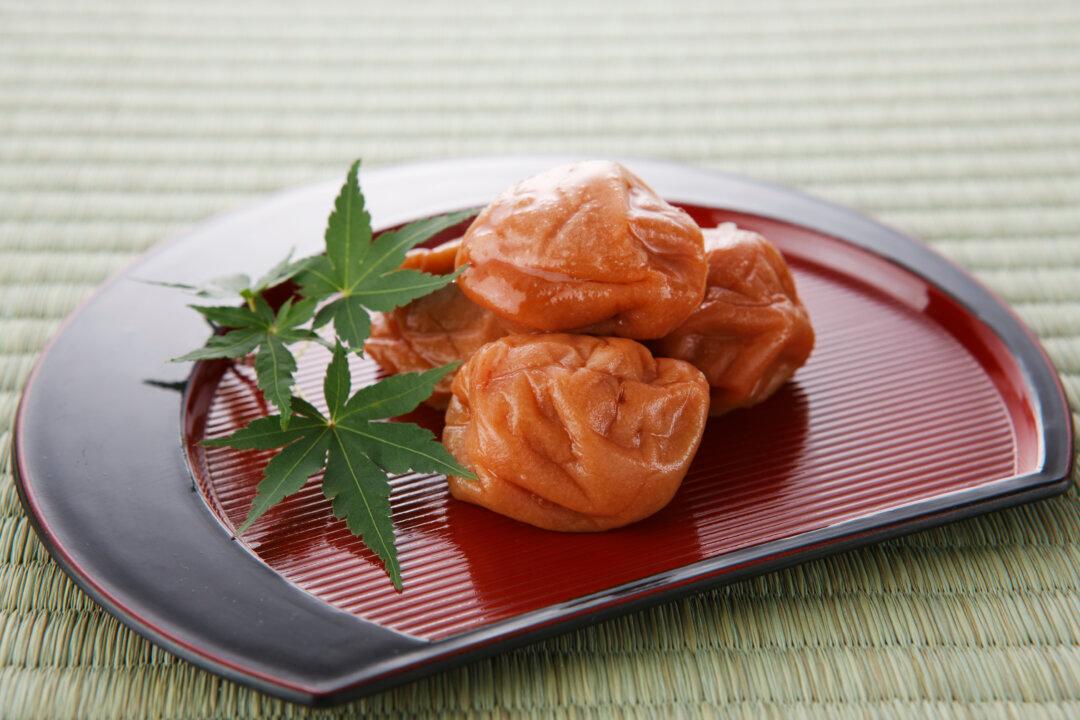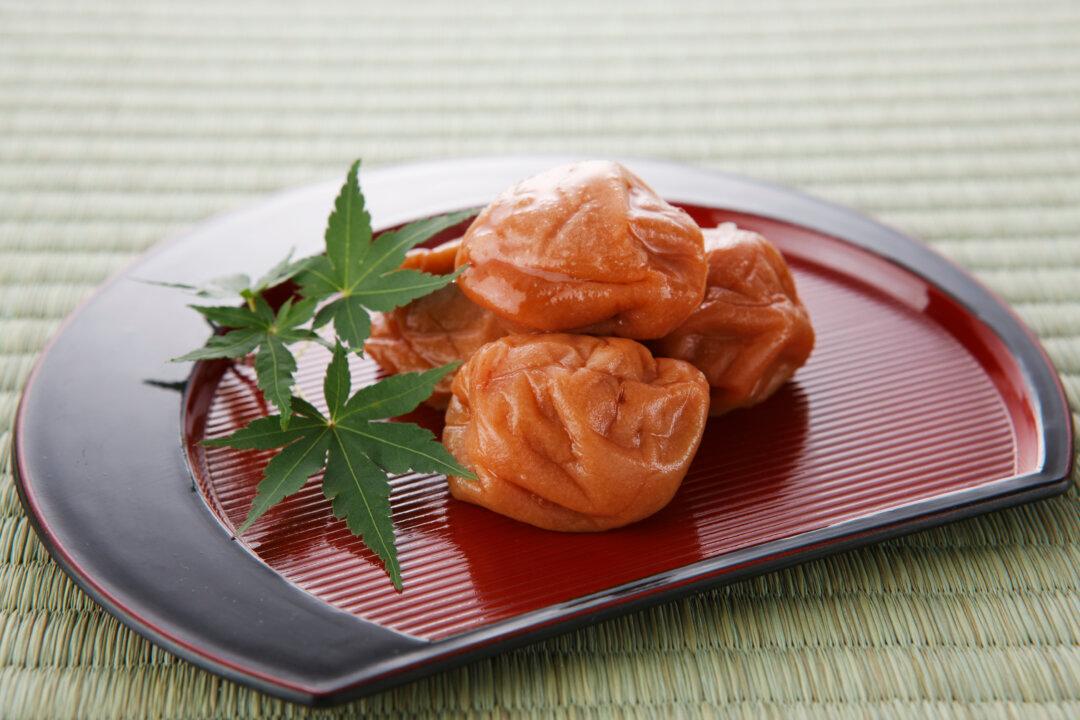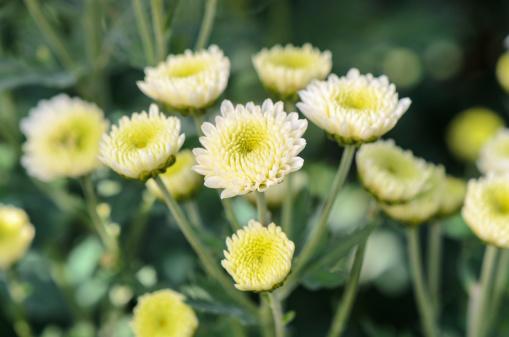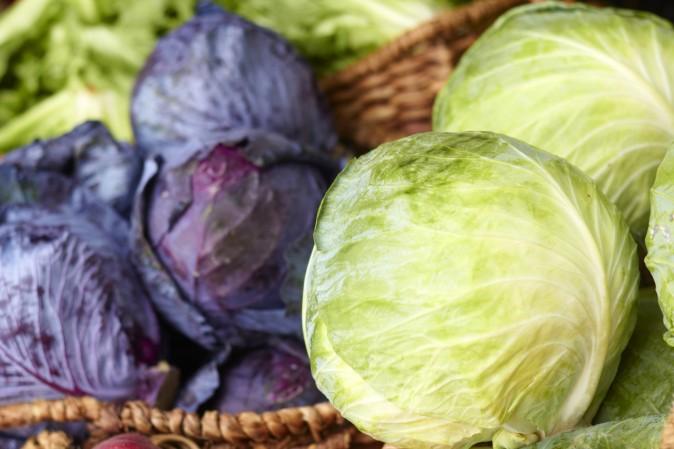This week we have a simple drink that your kidneys will love. Adzuki beans are highly nutritious, packed with protein, and contain calcium, iron, niacin, phosphorus, riboflavin, thiamine, and folate (water-soluble B vitamin).
Drugs, infections, anxiety, and stress can lead to adrenal exhaustion, putting a lot of strain on the kidneys. This tea can help reverse some of those kidney stressors.
Unlike many medicinal drinks, adzuki tea is very palatable. It is yang and warming, and is the kind of healing beverage you want to sip on cold autumn days or in or freezing winter, especially when you feel cold, weak, and devitalized.
With a bit of rice syrup or barley malt, you can enjoy this revitalizing drink on warm summer days as well. Although the tea tastes mild, is quite potent. If you start to drink it often, be sure to dilute it with more water.
To make this beverage, all you need are some adzuki beans, a small strip of kombu seaweed, filtered or spring water, and a medium-size stainless steel or glass pot.
Adzuki Bean Tea
• 1 cup of adzuki beans
• 4 cups of water
• 2 inches of kombu seaweed
Method
1. Place the washed beans in a pot with the kombu seaweed and four cups of water.
2. Bring the ingredients to a boil on high flame. Do not add salt.
3. Lower the flame to medium.
4. Let the beans simmer for about 20 minutes with the pot cover not squarely on but slightly offset to allow steam to escape.
5. Do not stir the beans.
6. Then strain the beans out and drink a small cup of the tea, either hot or at room temperature.
7. You can store excess tea in a glass jar. The color of the liquid should be dark brown.
8. You can use the same beans to make another batch of the beverage. Just add more water, bring to a boil, and let simmer for a few minutes or until the cooking water turns brownish again.
9. Keep any stored tea in the refrigerator.
Do not drink chilled adzuki bean tea and do not microwave the tea. You can drink the tea at room temperature or warm it up on the stove. You can also add more hot water to dilute it.
There is no specific time of the day to drink the adzuki bean tea; however, I prefer to drink it in the afternoon, between 3 and 7, when the bladder and the kidney meridians are the most active, or before I retire for the night.
Keep in mind that the adzuki bean tea is a yang tea. If you start feeling warm or if you are constipated, stop drinking the tea for a while, or dilute it and decrease the intake frequency. To make the tea more yin, you can add a grain-based sweetener such as rice syrup or barley malt, but do not use sugar or artificial sweeteners.
As with many instances in macrobiotic wellness lifestyle, nothing gets wasted. Keep the cooked beans for other adzuki bean recipes, such as pressure-cooked adzuki brown rice, adzuki bean burgers, wraps, or the adzuki-pumpkin dish in last Tuesday’s edition.
You can also make this tea whenever you cook the adzuki-pumpkin main course dish, just by adding more water to the cooking beans and straining it off before you add the kabocha.
Variations
There are specific ingredients you can add to the tea for different healing effects. To help dissolve kidney stones, add a bit of freshly grated daikon to the tea. Make sure to boil the mixture and let it simmer for a few minutes. Then drink the liquid and eat the daikon as well.
To remove accumulated mucus in the kidneys and the urinary tract, add freshly grated lotus root to the tea. You can also use dried lotus root powder, which is available at most Chinese grocery stores, but fresh lotus root yields the best results.
Lotus root helps to clear stagnation and mucus buildup caused by the consumption of dairy products, sugar, and fat. If you use dried lotus root powder, choose one without any added sugar or high fructose corn syrup. I usually buy brands made in Taiwan. You can expect to pay $1.60 for a 5.3-ounce packet.
For nephritis or kidney inflammation, add a tiny pinch of sea salt to the tea to help encourage urine production. I use a few drops of brine made from Himalayan pink salt. If you drink it this way, drink only this tea—in very diluted amounts—for a while to help strengthen the kidneys.
You can also drink a small cup of the adzuki bean tea three or four days in a row to counteract the effects of recent intake of heavy animal foods. However, to ease chronic conditions, drink the tea daily, then alternate days, or drink it every third day for about three weeks, depending on your condition.
Healing Benefits
Adzuki bean tea aids smooth bowel movement and is beneficial for bone and joint complaints, hives, and a variety of kidney conditions.
It helps to nourish the kidneys and urinary tract by revitalizing the kidney and bladder meridians. Meridians are energetic pathways used in traditional Chinese medicine. The kidney meridian is considered the key yin meridian and plays a significant role in mind-body health and wellness.
On the physical level, the kidney meridian is associated with our ability to procreate. Psycho-emotionally, it relates to our ability to love and to be creative, and on the spiritual plane, the kidney meridian reflects our capacity for unconditional love, or compassion.
Weakness in the kidney energy often manifests as fear, anxiety, and insecurity that affects our innate capacity for unconditional love and compassion. Strength in our kidney energy generates positive states of mind such as compassion, courage, and confidence.
The strength of our kidney energy also governs our insight, clarity for our life direction, and our willpower to realize our aspirations. A person with balanced kidney energy is able to let go of the past, live in the present, and be undaunted by the future.
However, many people in modern society have deficient or low kidney energy due to the excesses and imbalances in diet and lifestyle. Imbibing this tea helps to revitalize this important energy and reverse some of these imbalances. So if you are on the path to wellness, consider making adzuki bean tea a part of your lifestyle.
Dr. Margaret Trey has a doctorate in counseling from The University of South Australia. She was trained in oriental medicine, shiatsu, and macrobiotics, and worked as a wellness counselor for over 20 years. Now based in New York, Dr. Trey writes and continues researching the effects of meditation on health and wellness.





